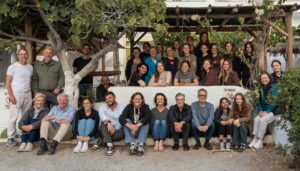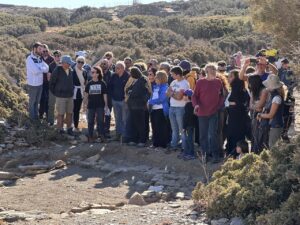Trowel tales and true – Marco Schugk
Answer text by Marco Schugk
Posted by Irma Havlicek
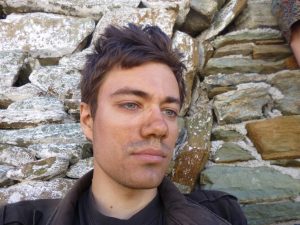
I sent a list of questions to our Zagora 2013 participants to get an idea of why they participated in Zagora 2013. Here is the reply from Marco Schugk, a 2013 Zagora volunteer:
Why did you want to work on Zagora?
Zagora is probably one of the most important and well-known settlements of the Geometric Period in Greece. While studying Classical Archaeology (in Germany) this site emerges in every important course of study concerning the Geometric era so I wanted to contribute to this research program.
I also wanted to work on the Zagora Archaeological Project because I haven’t worked on an excavation focussing on the material findings of this period before and I wanted to expand my knowledge and my experience in interacting with the associated remains of Zagora.
Furthermore I am interested not only in island archaeology itself but also in the nature of maritime landscapes like the Aegean or the Mediterranean Sea. In fact the Zagora project was an ideal opportunity to get in touch with the beauty of the Cycladic islands and their friendly locals.
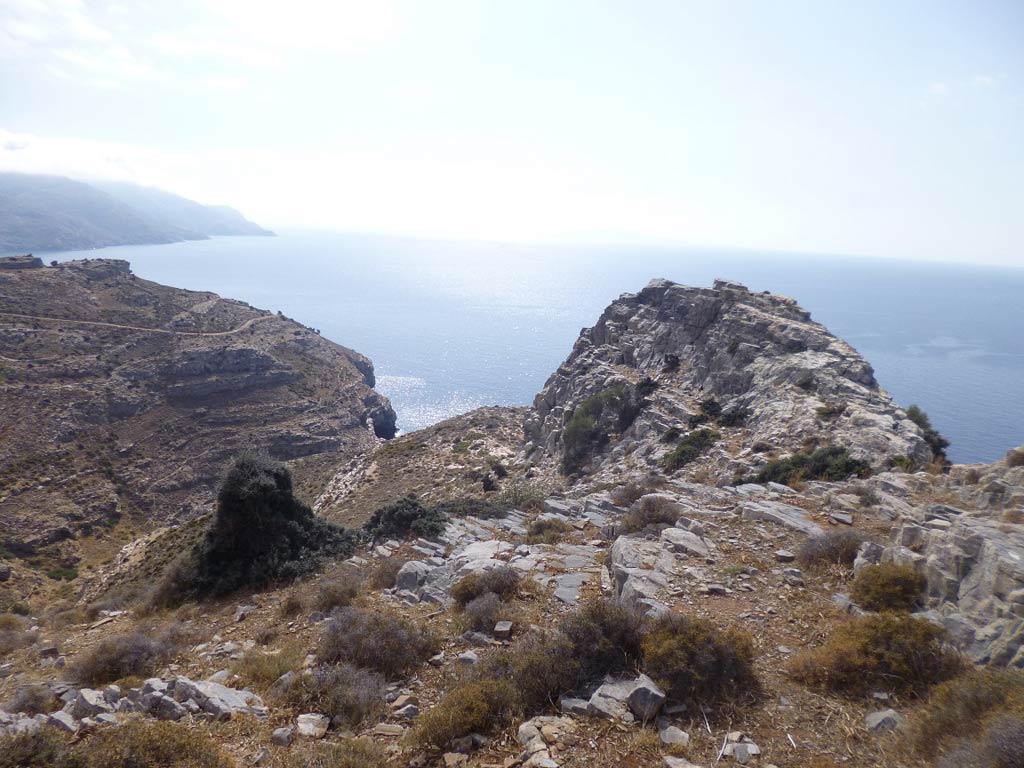
Last but not least I was part of the Australian excavation in Paphos on Cyprus a year ago. There I experienced a well-structured organisation and an exemplary working atmosphere. So I supposed there would be similar working conditions on Andros.
What archaeological study and/or work have you done?
First of all I studied a dual-subject Bachelor in Classics (with a specialisation in Classical Archaeology) and History of Art. After finishing my Bachelor degree, I started studying Classical Archaeology and I also attended additional courses in related studies. Due to the fact that these studies are focussed on the transfer of theoretical knowledge, I also participated in more practical-based courses or work such as drawing, measuring, soil sampling, geophysical work, analysing bones and pollen, field archeology, museum education and so on…
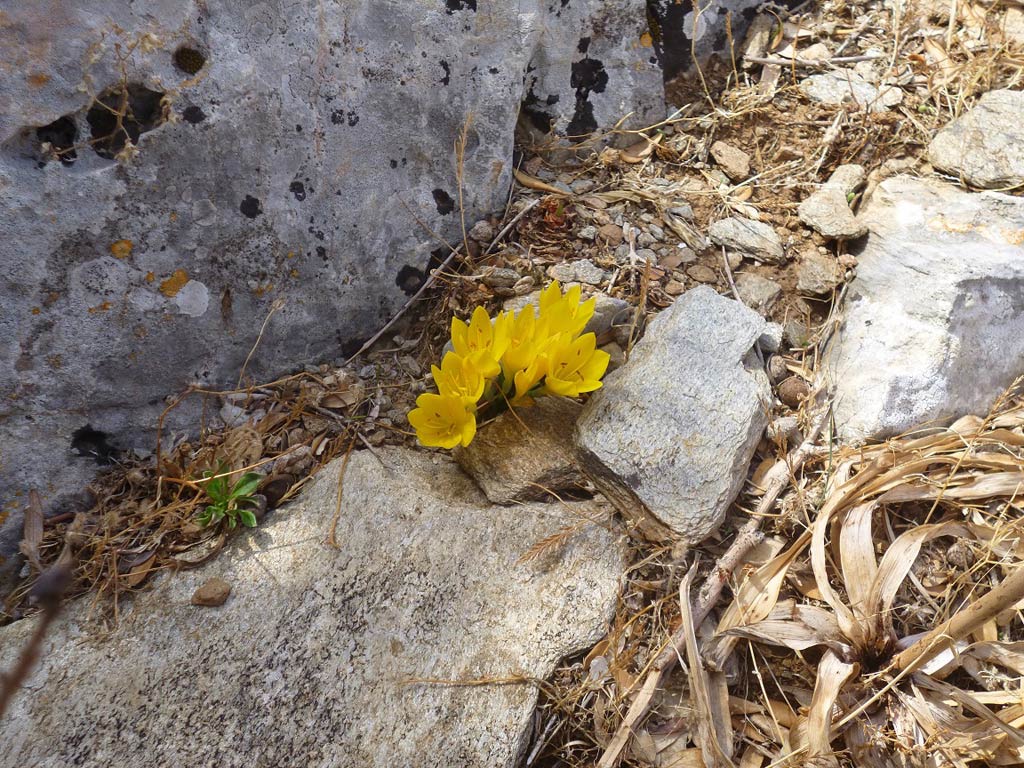
How do you earn a living?
Before studying I served a year of military duty and saved a lot of money for my further education. While studying I was able to obtain family means-tested scholarship-like financial support. After finishing my Bachelor degree I also got a mini-job as a lecturer in the School of Classical Archaeology at my university, Jena University (which I had to drop for my exchange semester in Greece).
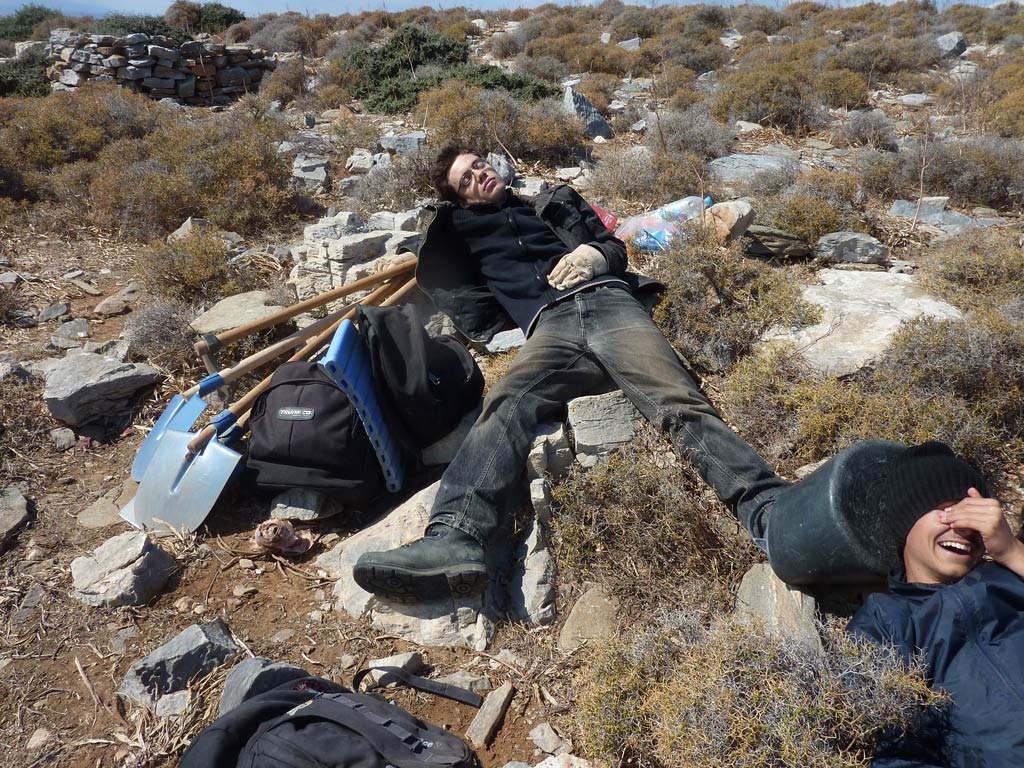
How many archaeological excavations have you worked on before?
I volunteered on four archaeological excavations and in two archaeological museums in Germany and Greece.
When did you develop your interest in archaeology?
Actually I don’t know exactly when I developed my interest in archaeology. But my earliest childhood memories are about a little boy enjoying mud and dirt more than everything else. Genre-specific media (films, documentaries, computer games, books) probably strengthened these early interests.
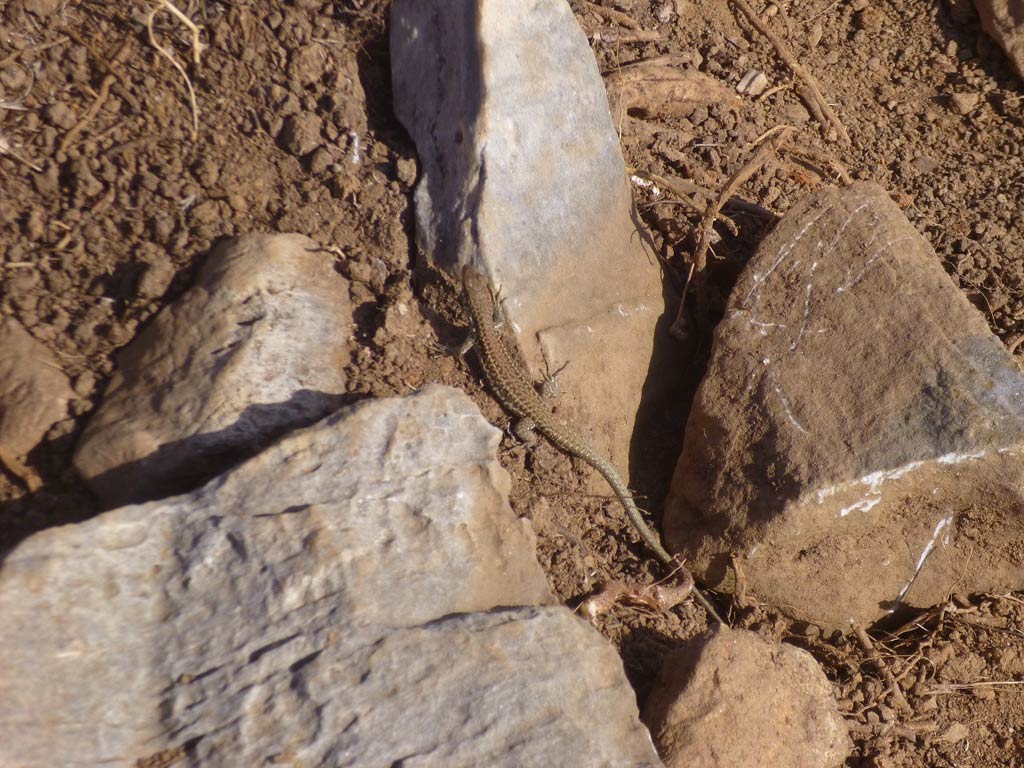
What inspires you about archaeology?
I do not know where our paths will lead to, but we should know where we came from so that we will not get lost in the future. I think that cultural identity is (or at least should be) a valuable property for everybody in the world. Therefore, I believe we have to work hard to obtain and be mindful of this knowledge for us and for future generations. In my opinion this is the most important purpose of archaeology.
How does working at Zagora compare with other digs you have been on?
Being part of the Zagora excavation season 2013 was an amazing and outstanding experience for me. In comparison to other digs – insofar as comparable at all – I felt an extraordinarily warm and healthy working atmosphere. All the people were not only friendly and cooperative, but they also look after each other like a super extended family. I made a lot of friends and I will miss all of them.
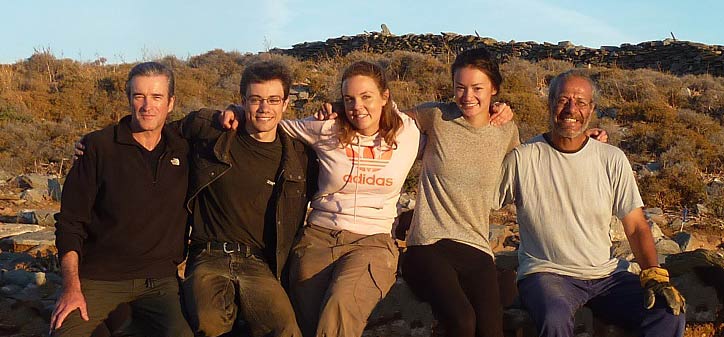
How does the experience of working at Zagora compare to how you imagined it would be?
I never expected such difficult soil characteristics on the site of Zagora. The local soil consists of huge sharp-edged marble or schist stone packings mixed up with thorny bushes and persistent root networks. In addition between the stones and under the bushes live poisonous animals such as snakes and giant millipedes. And from time to time we had such a strong and cold wind with tons of dust in our trench (at the edge of the cliff) forcing us to stop our excavation activities. But all these natural challenges bond us together as a team and every day we were rewarded with aspects of the island’s beautiful nature and a spectacular view over the rough coastline of Andros and the wide blue sea. Awesome!
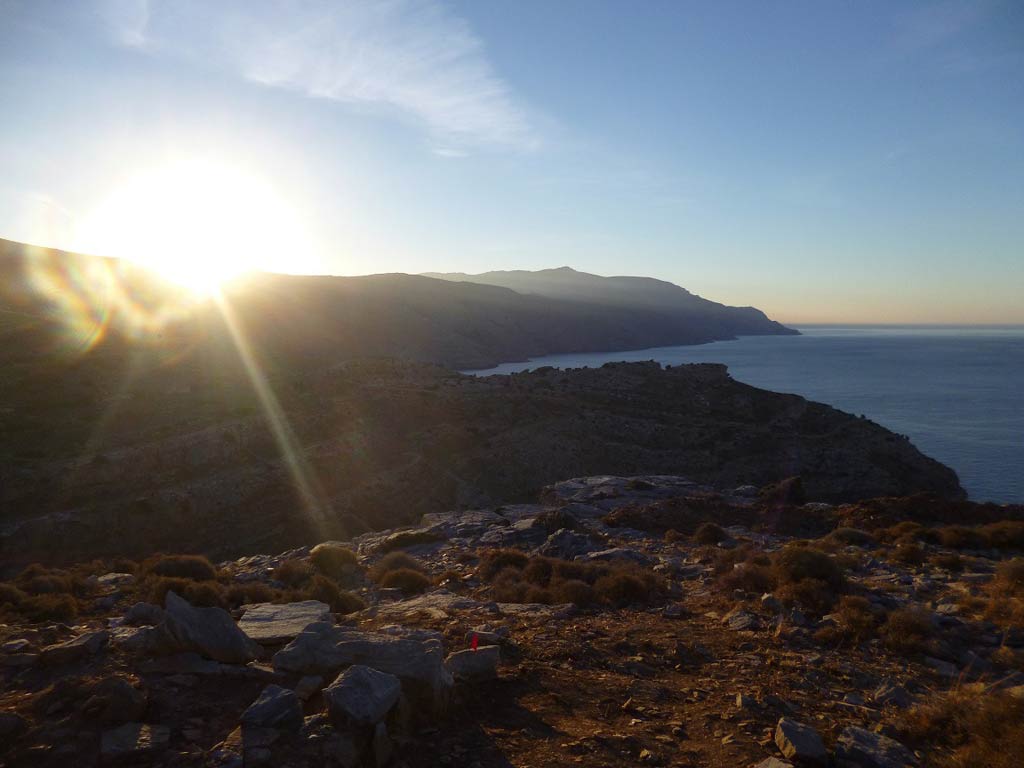
Did you bring your own trowel to Zagora?
I do not have my own trowel yet. In the past I always tried to work on different sites for coming in touch with different material cultures and learning new archaeological approaches. At the same time every terrain and every artefact group require specific methods and tools. Therefore I do not feel experienced enough to bring my own tools with me at the moment. But with every excavation I earn more experience and one day I will deserve my own trowel.
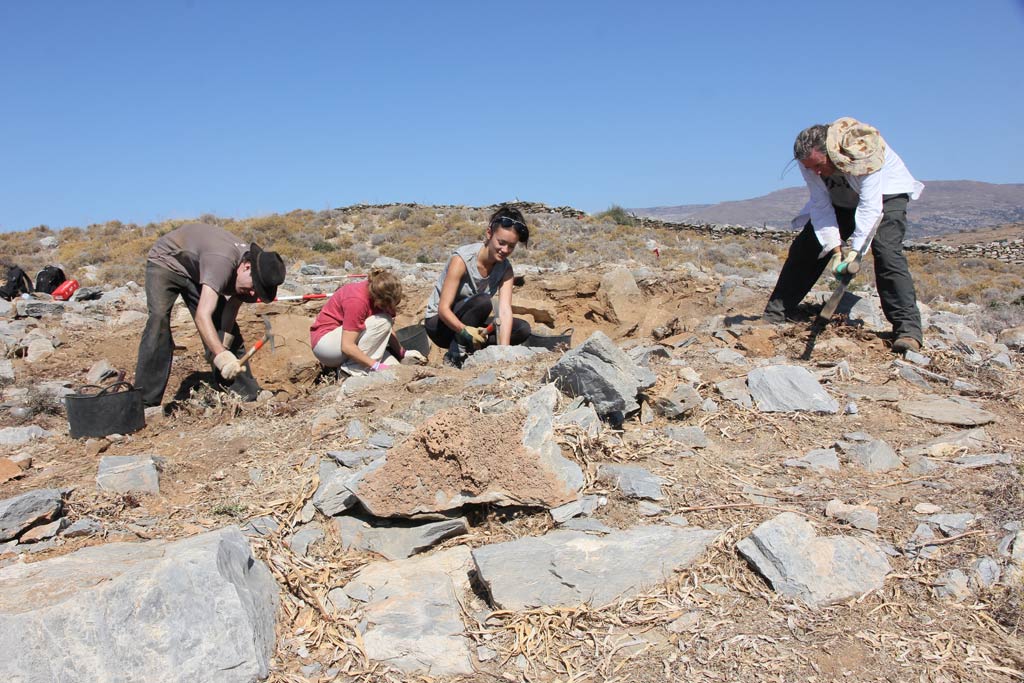
What would you say to others who may be considering volunteering to work on an archaeological excavation?
Go for it. You will meet interesting people who will probably inspire you. You will learn new skills. You will learn to act as a member of the team. You will experience friendship and camaraderie. You will make your own contribution in researching the past. And of course: ‘Archaeology is still the most fun you can have with your pants on.’ (Kent V. Flannery, 1982)
Any other comments
Finally I want to thank everybody for this amazing experience which will probably inspire me for my whole life. I hope we will meet each other again on Andros or somewhere else.
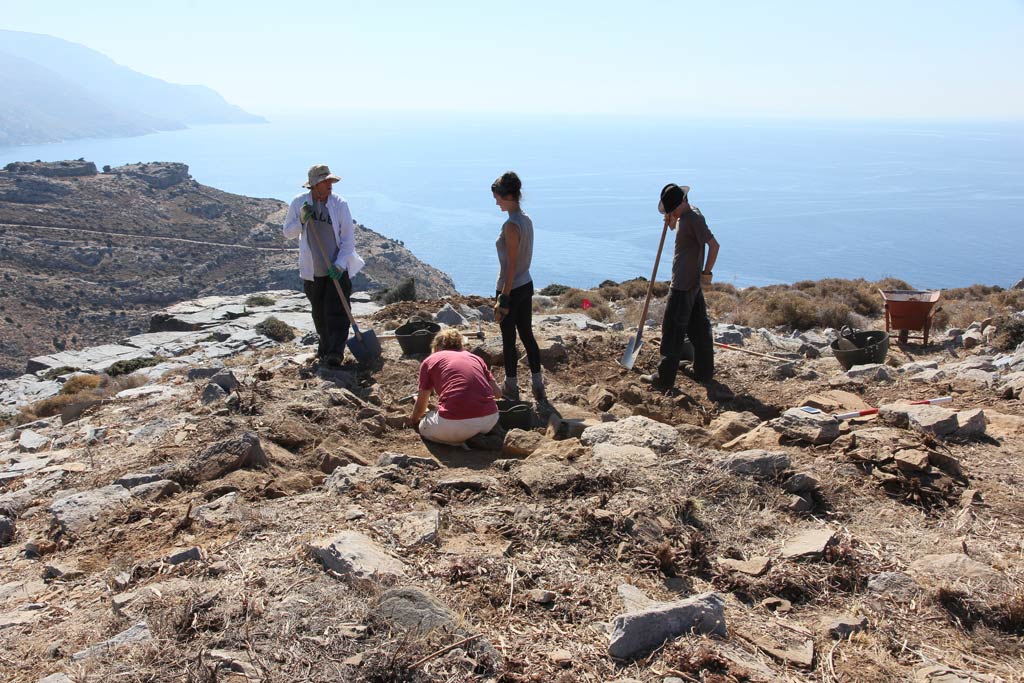
Other profiles of archaeologists
If you are interested in other profiles of archaeologists, check out our Archaeologists Q&A.
